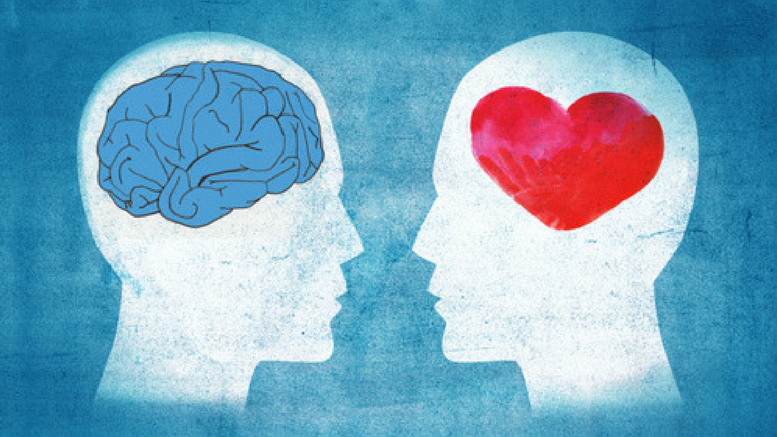Though their purpose and function are still largely unknown, mirror neurons in the brain are believed by some neuroscientists to be central to how humans relate to each other. Deficiencies in mirror neurons might also play a role in autism and other disorders affecting social skills. Scientists have previously shown that when one animal watches another performing a motor task, such as reaching for food, mirror neurons in the motor cortex of the observer’s brain start firing as though the observer were also reaching for food. New Duke research appearing…
Read MoreCategory: Brain
Compound that Prevents Breast Cancer Cells From Activating in the Brain Identified
Researchers at Houston Methodist used computer modeling to find an existing investigational drug compound for leukemia patients to treat triple negative breast cancer once it spreads to the brain. The Houston Methodist researchers culled through thousands of existing drugs to see if they could identify a compound that would prevent cancer cells from spreading, or metastasizing. They discovered edelfosine, which has been FDA-approved as an investigational leukemia treatment, and has also been used in clinical research for primary brain tumors. In the March 22 online issue of Cancer Research, scientists explained…
Read MoreDaily Dose of Violent Video Games Has No Long Term Effect on Adult Aggression
Playing violent action adventure games for prolonged periods does not make adults more aggressive say researchers from the Max Planck Institute for Human Development and the University Clinic Hamburg-Eppendorf in Germany. A new study led by Simone Kühn looked at the influence long-term violent video game play has on aggression levels, and compared this with playing a life simulation game or not playing a video game at all. The research is published in the Springer Nature journal Molecular Psychiatry. Previous experimental studies have shown that a few minutes’ worth of violent…
Read MoreBrain Has Separate ‘Fear Circuits’ for Dealing with Immediate and Distant Threats
Imagine walking alone at night. Up ahead on the sidewalk, you notice a person lurking in the shadows, and a chill runs down your spine. You pause as you run through your options. Do you turn around and go back the way you came? Cross to the other side of the street? Or do you ignore your fear and keep walking straight ahead? Now picture another scenario in which you’re strolling through a crosswalk. Suddenly, you’re startled by the sound of tires screeching and a glimpse of something moving quickly…
Read MoreLove and Fear Are Visible Across the Brain, Not Restricted to One Region
In the field of affective neuroscience, rivalling theories debate whether emotional states can be regarded as an activity of only certain brain regions. According to a new doctoral dissertation at Aalto University, an emotional state affects the operation of the entire brain instead of individual emotions being localised only in specific regions in the brain. ‘From the biological point of view, an emotion is a state of the entire brain at a given moment. For example, the brain may interpret certain action models, memories and bodily changes altogether as anger,’…
Read More




